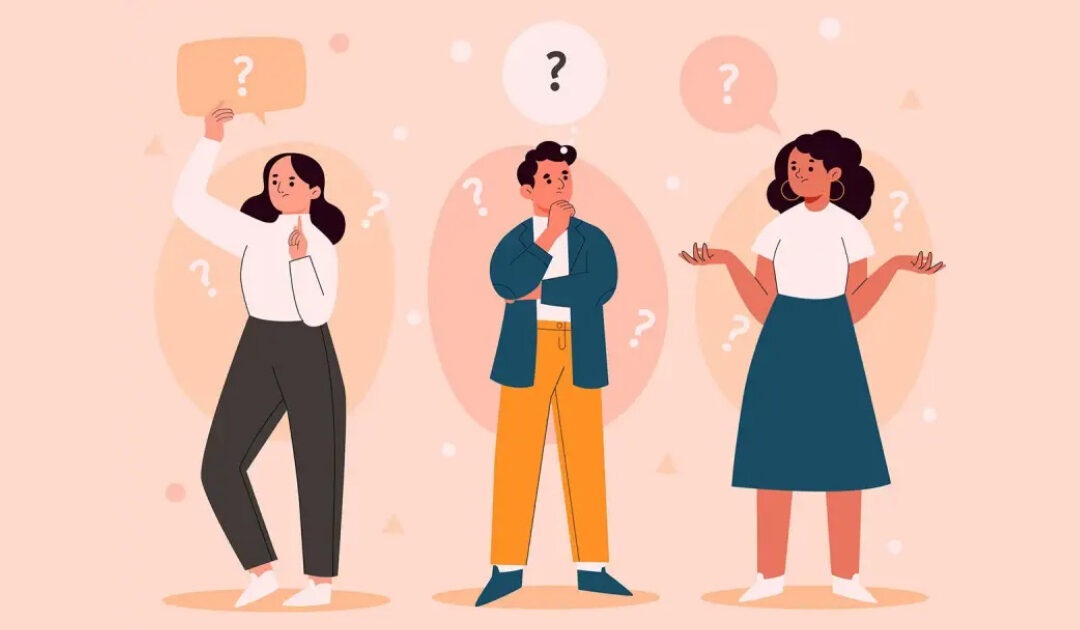Uncertainty has always been a persistent part and parcel of life. The only certainty we are born with is that of our death and we go through our lives in the fickleness of anticipation.
Humans have an inherent need to control or diminish an ounce of unpredictability through rules and norms even at the expense of restricting our freedom. However, the unending modifications and transformations of society do not enable us to reach a stable state of certainty.
Since it is not possible to know what’s going to happen, it becomes difficult to be prepared for it. As public health emergencies unfavourably affect the health and welfare of individuals and societies, it is no wonder that during the COVID-19 pandemic, a significant proportion of society has felt uncertainty. It is linked not only to the danger presented to people’s physical health and lives but also to the influence on personal, economic, and communal levels. Furthermore, the rigorous actions executed in order to control the escalation of the virus, as well as the social disruption and physical distancing that ensues due to the pandemic, have had the same effect.
As the panic of a third wave looms large, the Maharashtra government is on the fence about announcing a lockdown to restrain the spread of Covid-19 and Omicron in the State.
These confusing signals are characteristic of the pandemic and now it’s required from us to re-equip our mental models so as to interpret such messages in a way that doesn’t harm us.
However, uncertainty also has its upsides. Although it triggers anxiety, it can also stimulate the senses and the mind. Socrates had enlightened us that accepting and embracing uncertainty makes us wise. Thereby, it drives us to be in constant search, to battle against the status quo and is a source of possibilities to be delved into. We are much more open to changes, especially unpredicted ones. We react swiftly by creating novel solutions and quick decisions, especially when faced with an unforeseen plight.
“The only true wisdom is in knowing you know nothing.” – Socrates
The circumstances presented to us are parallel to the condition called ‘anomie’ as narrated by Durkheim. It is a condition of agitation in the population where social norms are lacking or frail and inconsistent. The independent aspect of anomie entails a profound state of unease and apprehension, whereby humankind is at a loss to choose what to do, are clueless about what others expect from them as well as what to expect from others. The social aspect involves a grave risk of disorder of the social fabric.
After more than a year since the beginning of the pandemic, uncertainty persists despite the progress of the vaccination campaign. We seem to be playing a risky game in which the rules are repeatedly changing and we are perpetually falling short in our efforts to establish certainties. The development of vaccines has not guaranteed safety. Besides, the pandemic has heightened inequalities and vulnerabilities. As of today, a year and a half later, the pandemic is still here; uncertainty is still prevalent, amidst the hope of a revival of the normalcy that will never be like before again.
Nonetheless, we also have the certainty that humans are adept to react and act despite numerous circumstances of uncertainty, even when they are afraid of their own death. This is demonstrated by the measures taken by health workers who have observed the path of the fruitfulness of uncertainty.
The wisdom for us is that we cannot standstill. We must begin again, learn from our errors, be responsible, fulfil our duties, maintain solidarity to minimize imbalances and extend our hand to those in need.
– Urveez Kakalia and Dhara Mehta.

